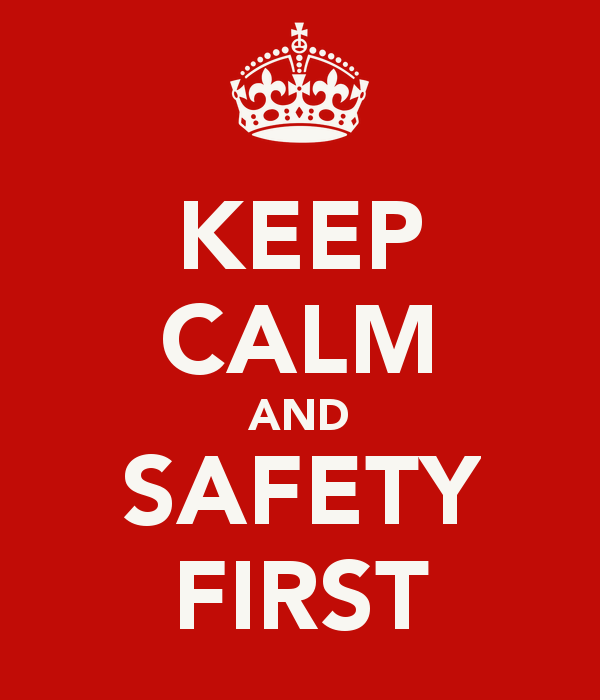The Health and Safety at Work Act came into effect on the 4th of April 2016 leaving the landlord/property management community with a lot of anxious questions.
APIA Vice President Peter Lewis attended last night’s HSWA training workshop presented by Worksafe New Zealand and shares the following information:
Related article: Get ready. HSWA goes live soon.
Q: Does the HSWA apply to me?
HSWA applies, and as landlords (and their property managers) are in control of those premises they become a Person in Charge of a Business or Undertaking
(PCBU) under the Act.
a place of work, and in those instances there will be no HSWA obligations on the landlord.
someone to enter onto your premises to repair that whole, the Act will apply from the time the work starts until the time the work finishes. So
if during the repair your tenant is to trip over a piece of repair equipment then the Act will apply.
A: Your main obligation under the act is to ensure that any work carried out on the property is conducted in a safe manner and any foreseeable
potential hazards minimised. You should discuss the scope of the work with your contractors, ascertain that they are properly qualified for the
job, use safe work practices, and see that they intend to use the correct equipment and materials. Any other parties who may be affected by the
work, such as the tenants and the neighbours, should be fully informed of any potential hazards and what they should do to eliminate their exposure
to these hazards. During the work your tenants also have to take responsibility for their own actions and cooperate with the Act’s requirements.
Q: Does that mean all of the works on my property has to be performed by contractors from now on?
A: No, the Act does not prohibit landlords from performing work on your own properties. However, certain restricted work (such as
electrical, gas-fitting, asbestos removal) must still be carried out only by properly trained and certified tradespeople. If you are to perform
work on your own property, there is still the risk minimisation obligation under the Act.
Q: I have heard that the HSWA makes drug residue testing compulsory on all rental properties, is that the case?
is reasonable cause to expect drug contamination exists, then such drug testing becomes part of the safe work environment obligations imposed by the
Act.
A: As a landlord, you cannot contract out of the HSWA. You can however insure yourself against any legal costs that may arise from
prosecution (you cannot insure against any fines that may be imposed). You may choose the handle your HSWA obligations yourself try you may engage
a contractor or consultant to assist you.
Related article: A principal’s guide to contracting to meet the Health and Safety in Employment Act 1992 (despite
specifically referencing the old Act, the vast majority of the guideline still applies)
You can make the decision to get more help and the APIA makes no recommendation either way.
















Add Comment